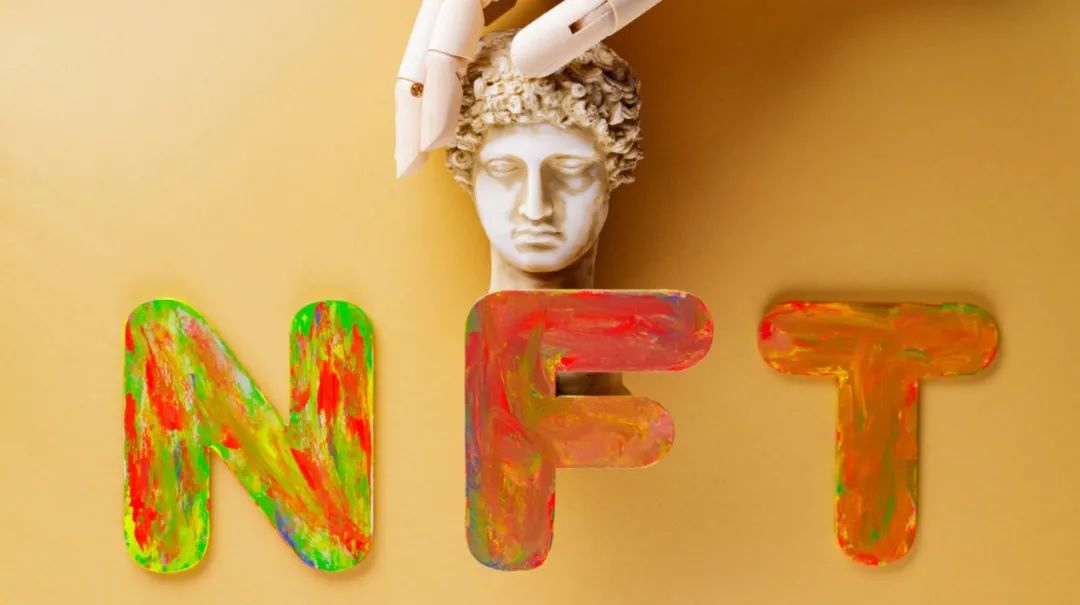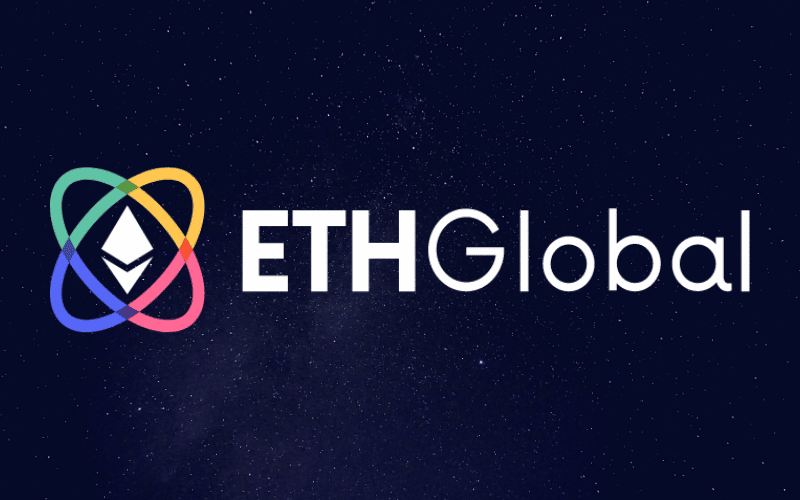Launching a coin without financing in blockchain entrepreneurship, pay attention to these three points
3 points to consider when launching a coin in blockchain entrepreneurship without financingIn the world of blockchain, tokens play an important role in effectively incentivizing network participants, maintaining common goals and consensus. Some even believe that a blockchain without tokens is not a true blockchain.
In China, businesses related to virtual currencies are subject to strict regulation and restrictions. Project teams often struggle to understand what token-related businesses they can and cannot engage in, and where the pitfalls lie.
Recently, the project team of a large-scale deep social learning platform in the universe consulted Manquin. In the project, users use project-specific points to consume goods and services, and the platform settles with virtual currencies, charging a certain settlement fee. Is this feasible? What are the key points to be aware of? In this article, we will discuss in detail.
01. Are virtual currency businesses completely prohibited?
- Who is Arkham? A free Nansen exploring tokenized business models.
- CZ Binance’s Six-Year Anniversary Handwritten Letter Defending the Right Thing, Even if It Means Going to Court
- Millions of fans internet celebrity’s “textbook-like rights protection” after being falsely accused of pornography. Can blockchain solve the problem of online violence?
When it comes to virtual currency businesses, many people’s first reaction is that it is illegal and cannot be done. This conclusion is largely based on the deep impact of Announcement No. 94 in 2017 and Announcement No. 924 in 2021.
In 2017, the People’s Bank of China, the Cyberspace Administration of China, and the Ministry of Industry and Information Technology jointly issued the “Announcement on Preventing Risks of Token Issuance and Financing,” which explicitly states that any organization or individual shall not engage in illegal token issuance and financing activities. Token financing and trading platforms shall not engage in the exchange of legal tender with tokens or virtual currencies, buy or sell tokens or virtual currencies as a central counterparty, or provide pricing and information intermediary services for tokens or virtual currencies.
In 2021, the People’s Bank of China and ten other departments jointly issued the “Notice on Further Preventing and Dealing with Risks of Virtual Currency Trading Speculation,” which clearly states that virtual currencies do not have the same legal status as legal tender and that activities related to virtual currencies are illegal financial activities. Overseas virtual currency exchanges that provide services to residents within China through the Internet are also engaged in illegal financial activities.
From the above two announcements, we can see that China denies the monetary attributes of virtual currencies as legal tender and prohibits the use of virtual currencies for financing and the exchange and settlement of legal tender and virtual currencies. However, these announcements do not deny the property attributes of virtual currencies as commodities, nor do they prohibit all transactions related to virtual currencies.
For example, if the use of virtual currencies is limited to the exchange of products or services within the system of a blockchain project, similar to the use of internet points and game coins in centralized Web2 internet scenarios, such transactions are not prohibited under the existing regulations in China. However, certain considerations need to be taken into account during operations:
-
The use of virtual currencies should be limited to the exchange of goods and services within the blockchain project system, and its circulation should be strictly restricted and controlled.
-
Avoid payment settlements between legal tender and virtual currencies.
-
Avoid virtual currencies becoming tools for financing and speculative trading.
02 Be careful of being scammed by others
Although it was mentioned earlier that using virtual currencies to exchange for products and services within the project itself is not prohibited. However, due to the decentralized and anonymous nature of virtual currencies, they can easily become tools for criminals to commit illegal activities, with money laundering being the primary concern.
The Mankun team has previously conducted research on how criminals launder money through the cryptocurrency circle. In the article “Revealing the Secrets of Money Laundering in the Cryptocurrency Circle,” it is mentioned that “the common ways of money laundering through virtual currencies can mainly be divided into three steps: placement of illicit funds, dissociation process, and integration and withdrawal.”
Among them, the second step, the “dissociation process,” refers to criminals using the anonymity of virtual currencies to conduct multi-level and complex transactions on platforms, aiming to disperse and exchange illicit funds among multiple accounts, further concealing the nature of the illegally obtained funds.
Specifically, criminals may deposit “dirty funds” into the platform and mix and disperse the illicit funds through false transactions with other users, and then use specific point conversions provided by the platform to launder the “dirty funds.”
Therefore, in the process of project operation, in order to prevent the project from becoming a tool for criminals to launder money or evade scrutiny, the following measures can be taken:
-
Optimize the service content and design substantial products and services. For example, in the case of the project being consulted this time, the main focus is on social and learning services in the metaverse. Users can only obtain corresponding points and rewards through deep participation in project content. In this way, the circulation of points between users has concrete meaning, avoiding empty circulation.
-
Strengthen data monitoring and analysis, promptly mark or report suspicious transactions, and restrict user platform activities during the investigation period.
-
Appropriately extend the settlement period and settlement time. For example, agree to settle on a weekly or daily basis and limit the amount that can be settled each time to increase the difficulty of withdrawal.
03 Be careful of being scammed by insiders
Blockchain project parties use virtual currencies for payment and settlement within the project. In addition to being cautious of becoming tools for illegal activities, they must be particularly careful of being scammed by insiders.
Traditional companies usually use financial systems and banks for fund management and approval processes. If employees of the company want to use company funds, they must go through layers of approval from the finance department and obtain authorization. However, even in such cases, there are still many instances of misappropriation and misappropriation of company funds.
The transfer of virtual assets is more convenient, only requiring transfers from one wallet address to another to achieve peer-to-peer transactions. Once internal members of the project party cannot resist temptation, it is extremely likely for cases of employees misappropriating virtual assets to occur. For example:
-
During the period from July to August 2019, Ling, who worked as a backend development engineer at xx Technology Co., Ltd. in Shenzhen, took advantage of the highest level of platform permissions to create accounts on the platform and falsely recharge the company’s PXG virtual currency multiple times. They traded approximately 62,000 USDT virtual currencies on the platform and then transferred all USDT virtual currencies to their account on Huobi Exchange, reselling them to others, earning about 426,000 yuan. [Case No. (2021) Yue 03 Criminal Final 192]
-
Zheng took advantage of their position as an assistant in the operations department of a network technology company in Qingdao to manage the digital assets of QYBB Exchange entrusted to the company. They stole 75,750 USDT digital assets worth more than 519,900 yuan. [Case No. (2021) Lu 1302 Criminal Initial 1460]
-
During their internship at an information consulting company in Dongguan, Yang’s job responsibility was to handle game player complaint business and review decisions on whether to issue the virtual currency “Yuan” to game players through the game’s backend management system. During the internship, Yang initiated fictitious complaints using their own game account, self-reviewed, and decided to issue “Yuan” totaling 4,844,200 (valued at 48,442 yuan), and then sold them through their own game account. [Case No. (2019) Yue 1972 Criminal Initial 2006]
In order to avoid being deceived by insiders, project parties should establish strict internal control mechanisms and establish multi-level approval procedures. In the process of virtual asset transactions, a multi-signature mechanism can be used to complete transactions only after confirmation from multiple authorized parties, in order to prevent virtual assets from being easily transferred.
04. Lawyer’s Summary
The world of Web3 is exciting, but blockchain entrepreneurship is not easy. On a macro level, it is necessary to grasp the policy direction and adhere to legal bottom lines. In the specific operational process, one must prevent oneself from becoming a tool for others’ crimes and be cautious about being deceived by insiders.
If bosses encounter problems and doubts on the entrepreneurial road, it is advisable to come to Manquin for more exchanges. After all, one of Manquin’s goals is to use the law to fulfill the business dreams of bosses and help Web3.0 legally occur in China!
We will continue to update Blocking; if you have any questions or suggestions, please contact us!
Was this article helpful?
93 out of 132 found this helpful
Related articles
- Full text: US announces first criminal case involving attack on DEX smart contract.
- What is Web4.0 mentioned in the EU’s “Initiative” document? What is its relationship with Web3.0?
- Interpreting Google Play’s Digital Assets Policy: NFTs are allowed to appear in apps and games, but mining on devices is not allowed.
- After Arkham, which data tools still haven’t released their own tokens?
- Full Text of Gavin Wood’s Speech: How Polkadot is Shifting from “Chain-Centric” to “App-Centric”
- The English Football Association plans to establish an NFT platform, analyzing the commercial model that combines sports and Web3
- Meng Yan: After visiting Africa, I now believe that the opportunities for blockchain are in the Indo-Pacific region.






